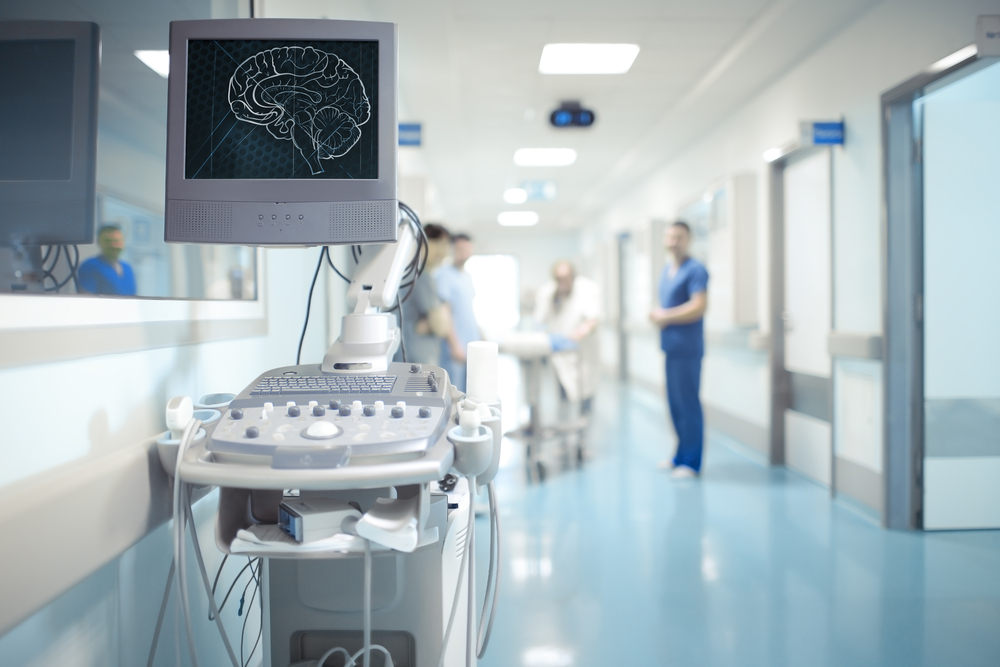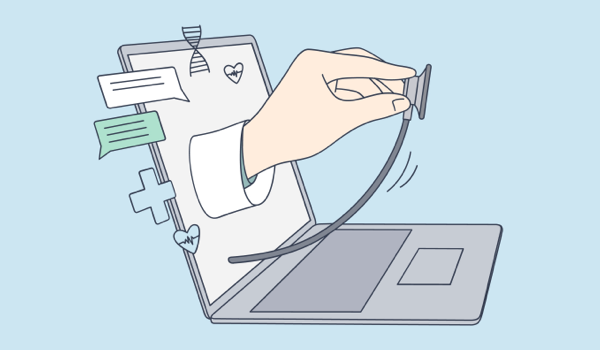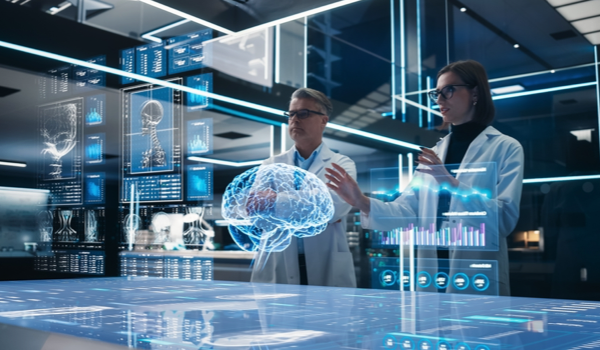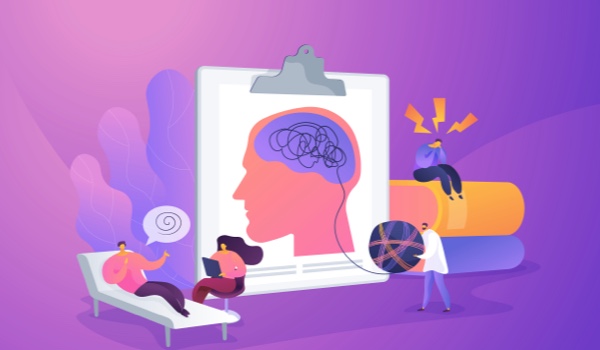


LAGOS, NIGERIA - Medical procedures such as listening to a heartbeat, diagnosing flu, or implanting an intraocular lens, would be tedious for medical professionals without the invention of medical devices.
Apart from making medical procedures easy, medical devices improve patient care and are part of an extensive health delivery system. Present-day medical devices are portable, powered by artificial intelligence (AI), and have become a part of our everyday lives. Furthermore, point of care is fast-moving out of hospitals and into our homes courtesy of medical devices. Medtech companies will stop at nothing to drive better health outcomes with these front-line innovations. As more medical devices get fully integrated with AI,1can they perfectly bridge the gap between medtech innovators and patients in their quest for patient-centered care?
A patient-centered medical device focuses on improving a patient’s health outcome in solving an unmet medical need, has more benefits than risks, and discloses all conflicts of interest. Such a device pays attention to patient satisfaction and quality of life without trading one at the expense of the other, and medical AI devices must also check these boxes. In the past, medical AI devices gave inaccurate recommendations for treatment2that could lead to adverse health outcomes. Therefore, to checkmate the oversight of AI and machine learning (ML) based medical software, the United States Food and Drug Administration (FDA) proposed new regulatory frameworks3and established new pilot programs for real-world performance monitoring.
Even after these devices have FDA approval, they are subject to post-market surveillance to ensure they are continually safe and effective in real-world clinical settings, and manage any associated risks.
“FDA is committed to promoting a patient-centered approach including transparency to all users, as well as good ma
The content herein is subject to copyright by The Yuan. All rights reserved. The content of the services is owned or licensed to The Yuan. Such content from The Yuan may be shared and reprinted but must clearly identify The Yuan as its original source. Content from a third-party copyright holder identified in the copyright notice contained in such third party’s content appearing in The Yuan must likewise be clearly labeled as such. Continue with Linkedin
Continue with Linkedin
 Continue with Google
Continue with Google









 2756 views
2756 views








